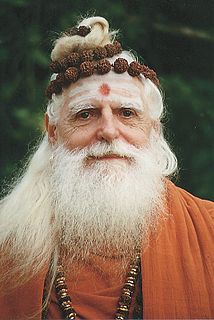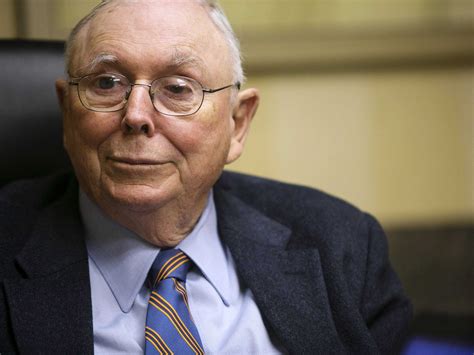A Quote by W. Somerset Maugham
The subjunctive mood is in its death throes, and the best thing to do is to put it out of its misery as soon as possible.
Related Quotes
If I waited to be in the mood to write, I'd barely have a chapbook of material to my name. Who would ever be in the mood to write? Do marathon runners get in the mood to run? Do teachers wake up with the urge to lecture? I don't know, but I doubt it. My guess is that it's the very act that is generative. The doing of the thing that makes possible the desire for it.
There is no single best kind of death. A good death is one that is "appropriate" for that person. It is a death in which the hand of the way of dying slips easily into the glove of the act itself. It is in character, ego-syntonic. It, the death, fits the person. It is a death that one might choose if it were realistically possible for one to choose one's own death.







































